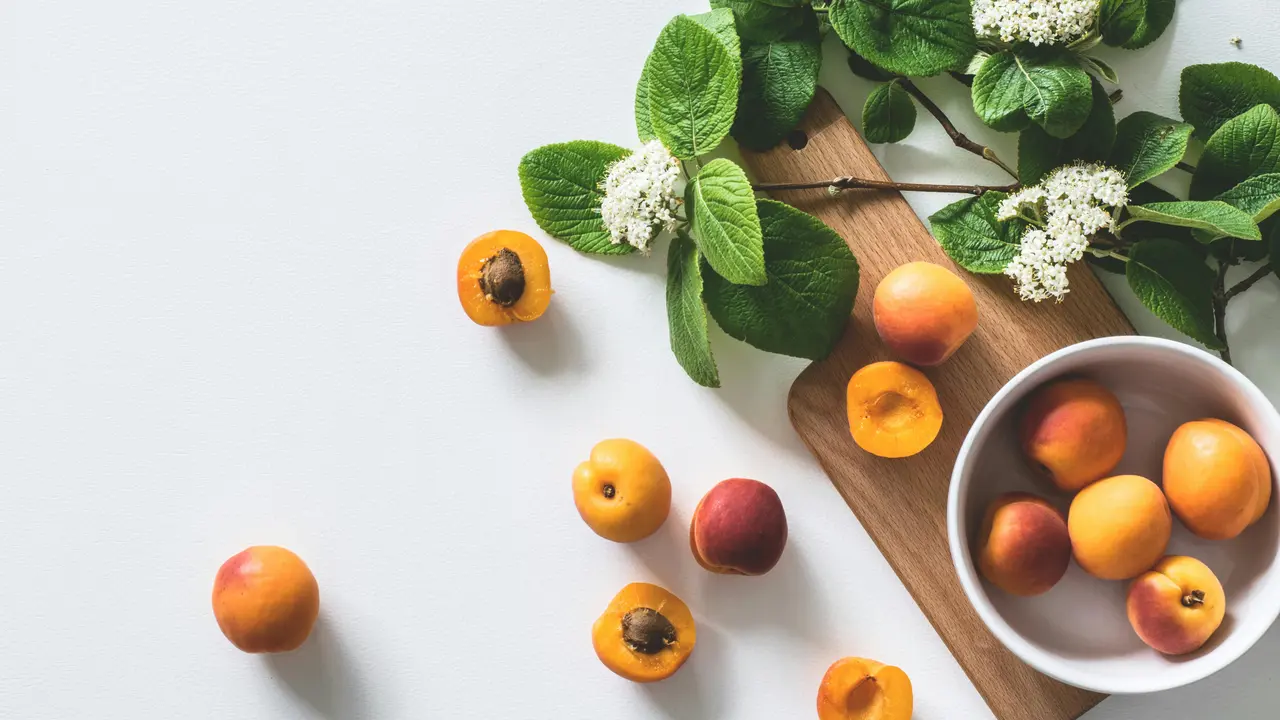Are you curious about the differences between sugar types? If you’ve ever wondered, “is brown sugar the same as white sugar?”, you’re not alone! This article will delve into the characteristics and uses of both sugars, helping you understand which one might be the best choice for your cooking and baking needs. Let’s explore the sweet world of sugar together!
Understanding the Basics: White Sugar vs. Brown Sugar
What is White Sugar?
White sugar, also known as granulated sugar, is the most common type used in households and food production. Its processing involves the removal of molasses and impurities, resulting in pure sucrose crystals. This sugar is typically refined and has a fine, white texture.
What is Brown Sugar?
Brown sugar is essentially white sugar with the retention or addition of molasses, which gives it a distinctive brown color and a slightly different flavor profile. It comes in two main varieties: light brown sugar and dark brown sugar, with the latter containing a higher molasses content. This unique characteristic impacts its culinary applications.
The Key Differences: Is Brown Sugar the Same as White Sugar?
Flavor Profiles
When it comes to flavor, brown sugar has a rich, caramel-like taste due to the presence of molasses. In contrast, white sugar has a more neutral sweetness. This difference makes brown sugar a preferred choice in recipes where a deeper flavor is desired.
Texture and Moisture Content
Another crucial difference between the two types of sugar is their texture and moisture content. Brown sugar has a slightly moister consistency, which can impact the texture of baked goods, while white sugar is dry and free-flowing.
Culinary Uses: When to Use Each Type of Sugar
Best Uses for White Sugar
- Ideal for baking cookies and cakes where a light texture is preferred.
- Used in recipes that require sugar to dissolve quickly, like beverages.
- Commonly added to marinades and dressings due to its ability to enhance flavors without altering them significantly.
Best Uses for Brown Sugar
- Perfect for recipes like gingerbread, where the rich flavor complements spices.
- Commonly used in sauces and glazes to add depth of flavor.
- Can be utilized in sticky desserts for added moisture.
Nutritional Considerations: Is One Healthier Than the Other?
Caloric Content and Nutrients
While both sugars provide a similar calorie count per teaspoon, brown sugar contains trace minerals from molasses, such as calcium, potassium, and iron. However, these amounts are negligible in typical serving sizes, so from a health perspective, both should be consumed in moderation.
Impact on Blood Sugar
Regarding glycemic index (GI), white sugar and brown sugar are quite similar. Both can cause spikes in blood sugar levels, so it’s essential for individuals monitoring their sugar intake to consider the quantity consumed over the type.
Substituting One for the Other: Can You Use Brown Sugar Instead of White Sugar?
Swapping in Recipes
In many recipes, you can substitute brown sugar for white sugar and vice versa. However, this can affect both flavor and texture. If you choose to make a substitution, consider the following:
- If using brown sugar in place of white sugar, you may need to reduce liquid ingredients slightly due to its moisture content.
- In cookies, using brown sugar can yield a chewier texture, while white sugar promotes a crisper bite.
Adjusting Cooking Times
When swapping sugars, be aware that browning times may differ. Baked goods made with brown sugar often require slightly longer cooking times due to their moisture levels, whereas those with white sugar will brown faster.
FAQs: Answering Your Questions
Is brown sugar really healthier than white sugar?
While brown sugar contains small amounts of minerals due to molasses, it is not significantly healthier than white sugar. Both should be used sparingly in your diet.
Does brown sugar expire faster than white sugar?
Brown sugar can harden over time if not stored properly due to moisture loss. White sugar, on the other hand, has a much longer shelf life if kept in a cool, dry place.
Can I make my own brown sugar at home?
Yes! You can make a simple brown sugar substitute by mixing white sugar with molasses. For light brown sugar, use 1 tablespoon of molasses for every cup of white sugar. For dark brown sugar, add up to 2 tablespoons.
Conclusion
In summary, while many people may wonder, “is brown sugar the same as white sugar?”, they are distinct in flavor, texture, and culinary applications. Understanding these differences can enhance your cooking and baking experience. Whether you choose brown or white sugar, moderation is key. For more insights on cooking and baking tips, be sure to explore our other articles and share your newfound knowledge with friends!
Sugar – Recent Articles
- Discover What a Six Carbon Sugar Is an Example Of!
- How Much Sugar is in Fairlife Milk? The Surprising Truth!
- How to Find a Sugar Daddy Without Sugar: Your Ultimate Guide
- Ultimate Guide: How to Make Icing with Powdered Sugar!
- How to Substitute Dark Brown Sugar for Light: Simple Tricks!
Sugar – Useful Links
- DC – Get the Facts: Added Sugars
- American Heart Association – Added Sugars
- Harvard T.H. Chan – Added Sugar in the Diet
- MedlinePlus – Sweeteners – sugars
- NIDDK – Healthy Living with Diabetes
